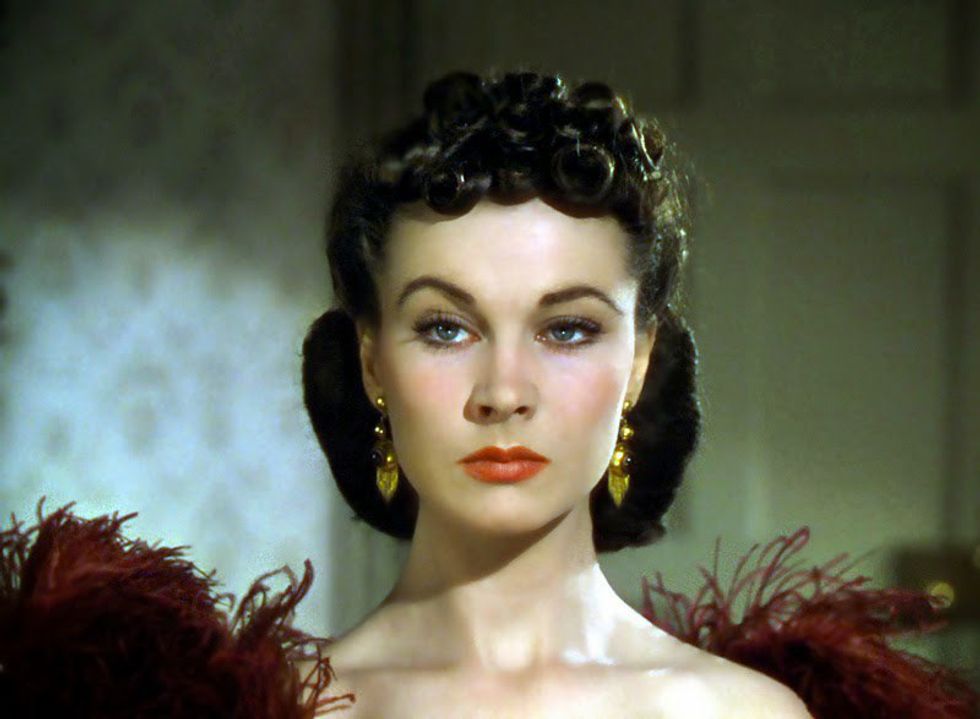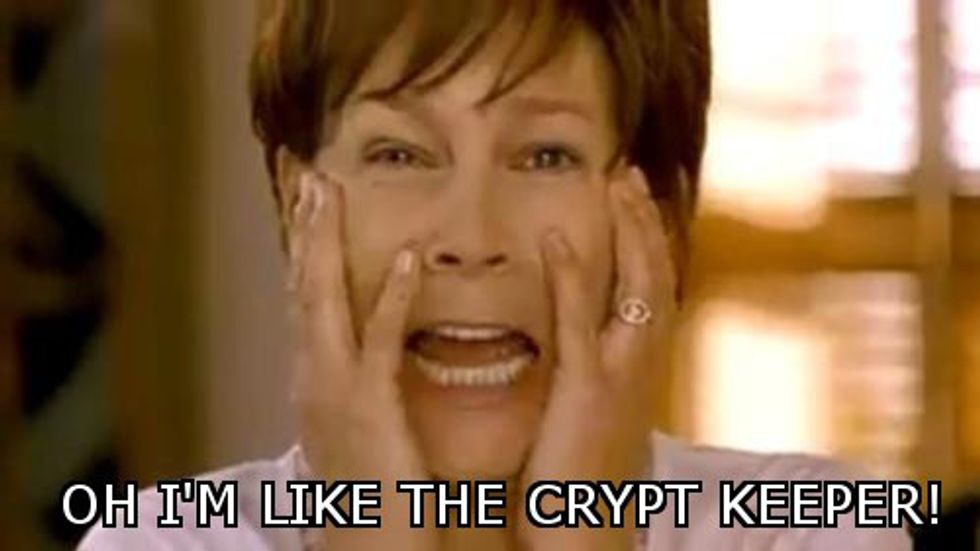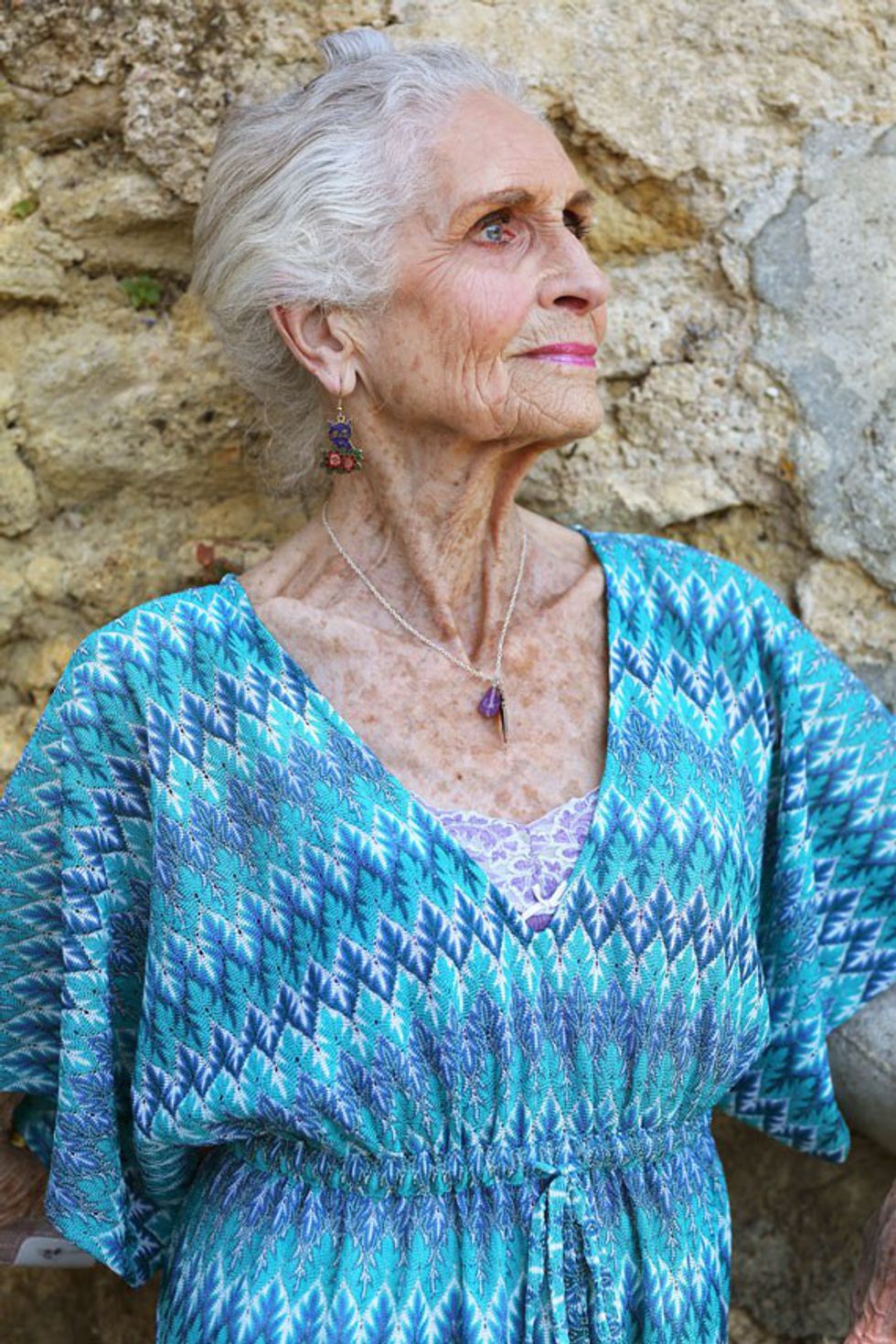Every now and then I picture what I'll look like in 10 years. Of course there's the never ending optimism that taunts me with visions of a stronger, healthier, fitter me, but I never consider the effects age will have on my body. Ten years from now, I'll be 29 and on the brink of middle-age, a concept that may seem dated but haunts millennials every time they see a wrinkle treatment commercial. Yet, the irony remains as to why millennials are afraid of the inevitable more than any other generation, especially considering that one in five Americans will be older than 65 by 2030 and more and more seniors are depicted as adventurous, autonomous individuals. Probably the most reasonable explanation lies in the misguided over-glorification of youth.
Recommended for you

Simply put, millennials buy into the culture of aesthetic a lot more than their parents did, mainly because of the huge variety of digital media products like Instagram, Facebook, Pinterest, Tumblr and Snapchat that are available for posting or browsing filtered "no filter" photos or exaggerated set ups of seemingly simple things. I'm not saying I'm not guilty of posting more than my fair share of conveniently arranged acai bowls or "candids," but I'm trying to point out the irony of our discontent. Let me bring us full circle: our selfie-loving selves may be perpetuating the same societal ideals we've been having beef with for the last two decades. As progressive as we may be as millennials, it's okay to admit the faults in our double-standards and recognize that redefining our own standards of beauty and embracing different ones may be the only solution.
More than anyone else in my family, my mom is consistently wishing she could turn back the clock. Although this thinking definitely has adverse effects on me, it emphasizes for me that beauty really isn't skin-deep. Where she sees wrinkly, I see dimples and where she sees crow's feet, I see laugh lines. And that's just one of the reasons why I won't ever adopt RBF to preserve my complexion. As for selfies, if a post here or there is what it takes to allow yourself to love you harder, then by all means, post away. When it comes to confidence, we can all take a lesson from Advanced Style, a revolutionary blog founded by Ari Seth Cohen showcasing the fashion-forward golden ladies of New York. In my mind, there's no doubt that a generation so open-minded as ours can see the beauty in age and learn to appreciate what we have instead of worrying about what we won't have in 10 years.




















